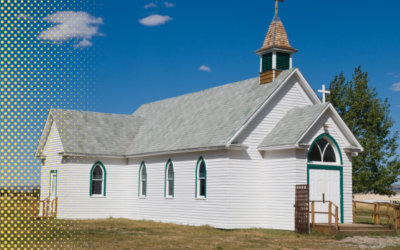You don’t go to Willie Nelson for tax advice. You don’t ask John McEnroe to teach anger management classes. Nobody’s asking a leader from BP to speak at the next Earth Day festival. So, when it comes to youth outreach maybe we can be a little bit choosy as well. That’s something I’ve had to learn. “He’s a really great DCE!” does not necessarily mean he’s great at outreach, just like “He’s a great Pastor!” does not always mean he’s a great singer. If you want to learn something about connecting with youth in your community, talk to the people who are getting it done. Ask around a little and you’ll find out which churches are connecting with youth around town. Those are the people you want to learn from.
Here’s something I should clarify: I’m not saying you should just find the churches with big youth groups and learn outreach from them. If you want to learn how to manage large numbers of kids and coordinate layers of volunteers, look to the big churches. That’s an area where they’re getting things done (if not, they won’t have a big youth group for long). The churches that are doing a great job in outreach are going to be connecting with a large percentage of kids who are not from families connected to that church. If a church has a big youth group, but it’s all kids from “church families” with one or two friends who show up, don’t copy what they’re doing in outreach. Look for the churches and youth leaders who are connecting with non-church kids.
To be honest, I’m hesitant to write this article for you because I don’t have an amazing track record to lay out for you. I’m just getting started. But, here’s what I’m doing. I know a church in a neighboring city that’s doing an amazing job attracting kids to their events from all over their city. They’re having a huge impact because they’re finding ways to share the gospel with more and more teenagers. I’m setting up a time to meet with their lead youth pastor. I want to learn from someone who’s getting it done. I’m sure that not everything they’re doing will be a great fit for my church, but I’ll bet I can find a lot of strategies and models I can use. I want our church to excel at connecting with non-church kids so that we can share the gospel with them. In order to do that, I want to learn from people who are already doing it. I hope you find ways to do the same.








0 Comments